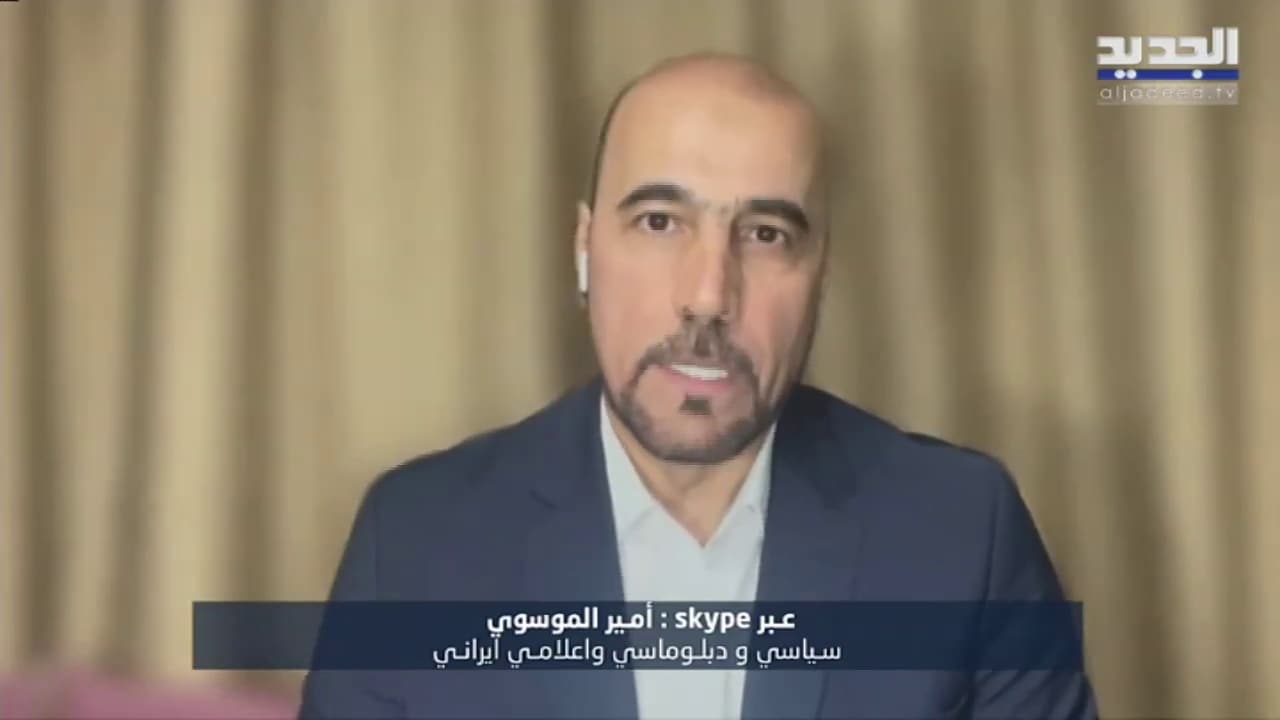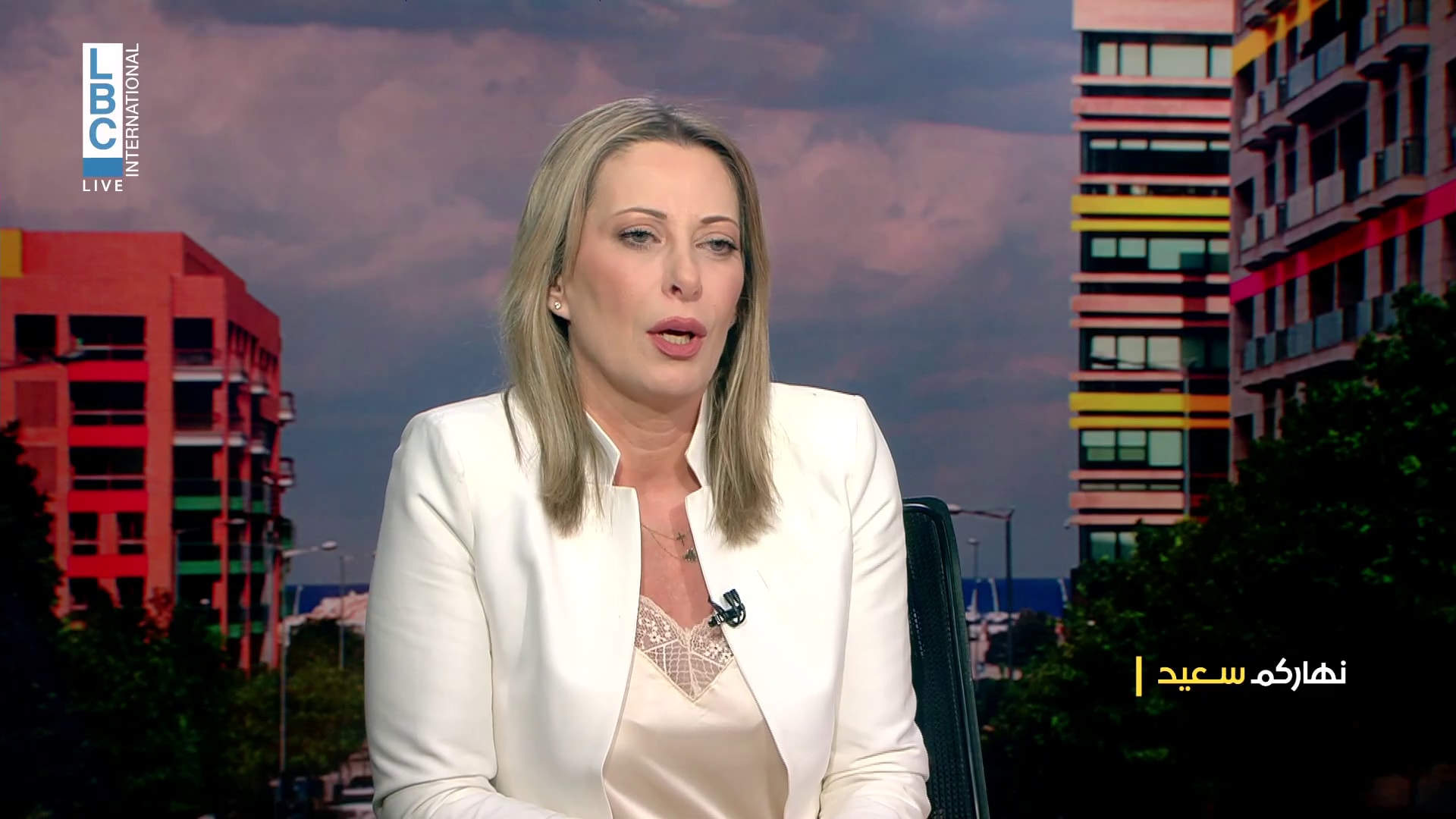
Following are excerpts from an interview with London-based Saudi dissident Sa'd Al-Faqih which aired on Al-Hiwar TV on October 13, 2008.
Interviewer: Why did you leave your country to go to Britain, a country which some say fights Islamic countries? Why do you come to a country that fights Islamic countries, and from here, you call to reform your own Islamic country?
Sa'd Al-Faqih: Show me an Islamic country where I would be allowed to do so without any constraints, and I will be willing to leave here immediately.
Interviewer: Did you look and not find anywhere?
Al-Faqih: Of course I looked. This search was spontaneous. Get me a place in an Islamic country that allows you to say the things you can say here, without anyone intervening in your activity... This is what happens, I'm sad to say. Despite all our reservations, and I publicly criticize the English, their history, and their participation in [wars] against the Muslims, and so on... Despite everything I say about them, they do not interfere. There is real freedom of speech, and you can say whatever you want within the limits of their law.
[...]
If a certain regime does not want or is unable to conduct reform, the only solution is to change it. The problem of the [Saudi] regime is not only that it is tyrannical. The problem is that there is not enough freedom that would allow you to shape public opinion that would twist the arm of the regime, and impose reform on it. The [Saudi regime] is not the kind of tyrant that cares about the country. There are oppressive tyrants who want the country to be strong and stable – they want to eliminate crime and economic and administrative corruption, but they do not want anyone competing with them for the throne. If the [Saudi] regime were of this kind, you could have given it advice, one way or another, and it might have accepted some of your views. If this were the case, I might have considered things and let the country be – as long as the goal was really to eliminate crime and corruption – even if the ruler keeps a monopoly of the throne. But if the goal of the ruler is to benefit from the huge privileges of his rule, to take over 90% of the country's capital, and to devise schemes with America and the other superpowers in order to sell out the country's culture, its identity, its oil, and its values...
Interviewer: Who are you accusing?
Al-Faqih: The ruler, of course!
Interviewer: All the rulers? You are making generalizations.
Al-Faqih: By "the ruler," I mean the heads of the Saud clan: Abdallah Bin Abd Al-'Aziz, Sultan, Nayef, Salman, and the princes who serve as governors. Our country is owned by the royal family. The king, the crown prince, the interior and defense ministers, the princes who serve as governors and their deputies, are all members of the ruling family.
[...]
Interviewer: Anybody listening to you now would say you are exaggerating. There is a government, a Shura council, and a degree of freedom. You can generate change through these frameworks. Saudi Arabia is no different from its neighbors.
Al-Faqih: What do you mean by "government"?
Interviewer: The government... In Saudi Arabia, you can...
Al-Faqih: How can you talk about government when all the important ministers, including the decision maker, who is the king himself, are all of the Saud clan – the minister of defense, the minister of the interior, the minister of the municipalities... Every minister who is not from the Saud clan has a "supreme council" which is run by a member of the Saud clan.
[...]
They own the land, air, they own the name of the country – the Kingdom of "Saudi" Arabia – they own the country's resources, they own the people themselves – the people are their slaves, completely under their control, and the [Saud clan] determines their fate.
[...]
The current monarchy must be erased completely. Nobody in the ruling family wants reform. There is nobody known to the public who is in favor of political participation, accountability, justice, and equality. There is no such person among the decision makers in the ruling family.
[...]
I do not want to replace one tyrant with another. I want the people to elect their ruler.
Interviewer: When you say "people," you mean the Saudis?
Al-Faqih: The local people. We don't like to use that word. The people of the Land of the Two Holy Mosques...
Interviewer: The word "Saudi Arabia" has to do with the family of King Fahd, and that is why you don't want to use it.
Al-Faqih: Of course. Allah be praised, people in our country hate this word. People don’t want to be called Saudis.
[...]
Interviewer: When you talk about change, you mean change by peaceful means, based on educating the people, without a single shooting or explosion?
Al-Faqih: Change will begin by educating people, will continue with gatherings and strikes, and will eventually end with the toppling of this regime...
Interviewer: Is it possible that weapons will be used?
Al-Faqih: I don't think so.
Interviewer: This means you are not necessarily rejecting the possibility.
Al-Faqih: We do not adopt this option, but if we reach a sensitive stage, and the army, the National Guard, and the security forces are on our side, they will have to protect the people and arrest the heads of the regime.













